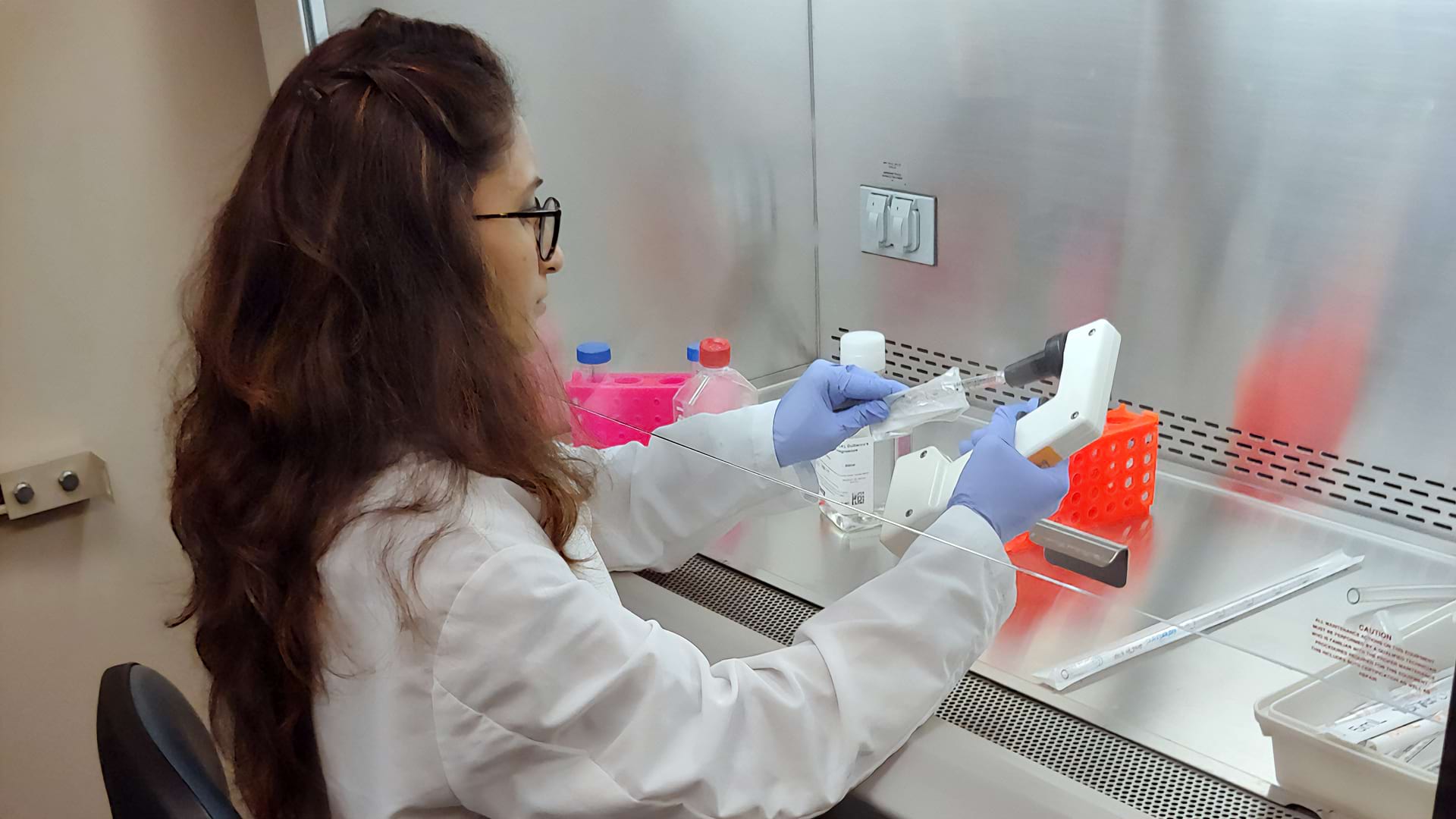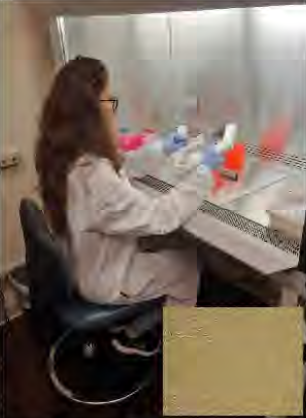Atlanta Technical College Awarded NSF-ATE Grant to Support Cell Manufacturing Curriculum
Outcome/Accomplishment
Educators with the National Science Foundation (NSF)-sponsored Cell Manufacturing Technologies (CMaT) Engineering Research Center (ERC) are successfully integrating cell manufacturing into new course curricula at local technical colleges. The new courses have been added to a degree program that is aligned to support biomanufacturing workforce training. Barry Bates, an educator at Atlanta Technical College, was awarded a $346,000 NSF-ATE (Advanced Technological Education) grant to target and train high school students for technician-level careers in bioscience and biomanufacturing. CMaT is based at the Georgia Institute of Technology and the University of Georgia.
Impact/Benefits
CMaT'sgoal is to train two-year college students in the skills necessary to join the cell manufacturing industry. The educators envision a 12-month, part-time cell manufacturing internship for students pursuing two-year degrees at colleges near Georgia Tech and the University of Georgia.
Explanation/Background
CMaT's partnerships with the Technical College System of Georgia and Madison Area Technology College have enabled ongoing integration of Cell Manufacturing courses into the local technical college curriculum, with notable achievements at both Atlanta Technical College and Athens Technical College. The technical college instructors continue to develop and integrate cell manufacturing content in their courses. At Athens Technical College, the students recently cultured stem cells in an Industrial Cell Culture class (BTEC 211L). With Barry Bates' NSF-ATE grant award, Atlanta Technical College is now considered an NSF ATE-funded InnovATEBIO Center. Courses offered by Bates include Fundamentals of Biomanufacturing; Methods of Protein Analysis, and Integrative Biology. The Fundamentals of Biomanufacturing course includes cGMP, cGLP, and cGDocP instruction.
Location
Atlanta, GeorgiaStart Year
Advanced Manufacturing
Advanced Manufacturing
Lead Institution
Core Partners
Fact Sheet
Outcome/Accomplishment
Educators with the National Science Foundation (NSF)-sponsored Cell Manufacturing Technologies (CMaT) Engineering Research Center (ERC) are successfully integrating cell manufacturing into new course curricula at local technical colleges. The new courses have been added to a degree program that is aligned to support biomanufacturing workforce training. Barry Bates, an educator at Atlanta Technical College, was awarded a $346,000 NSF-ATE (Advanced Technological Education) grant to target and train high school students for technician-level careers in bioscience and biomanufacturing. CMaT is based at the Georgia Institute of Technology and the University of Georgia.
Location
Atlanta, GeorgiaStart Year
Advanced Manufacturing
Advanced Manufacturing
Lead Institution
Core Partners
Fact Sheet
Impact/benefits
CMaT'sgoal is to train two-year college students in the skills necessary to join the cell manufacturing industry. The educators envision a 12-month, part-time cell manufacturing internship for students pursuing two-year degrees at colleges near Georgia Tech and the University of Georgia.
Explanation/Background
CMaT's partnerships with the Technical College System of Georgia and Madison Area Technology College have enabled ongoing integration of Cell Manufacturing courses into the local technical college curriculum, with notable achievements at both Atlanta Technical College and Athens Technical College. The technical college instructors continue to develop and integrate cell manufacturing content in their courses. At Athens Technical College, the students recently cultured stem cells in an Industrial Cell Culture class (BTEC 211L). With Barry Bates' NSF-ATE grant award, Atlanta Technical College is now considered an NSF ATE-funded InnovATEBIO Center. Courses offered by Bates include Fundamentals of Biomanufacturing; Methods of Protein Analysis, and Integrative Biology. The Fundamentals of Biomanufacturing course includes cGMP, cGLP, and cGDocP instruction.


